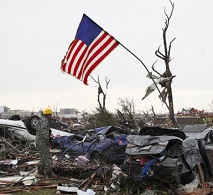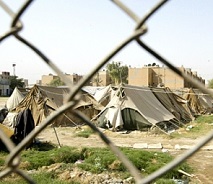
Major Parts of World Ignored by U.S. TV News in 2013
If people outside the United States are looking for answers why Americans often seem so clueless about the world outside their borders, they could start with what the three major U.S. television networks offered their viewers in the way of news during 2013.


